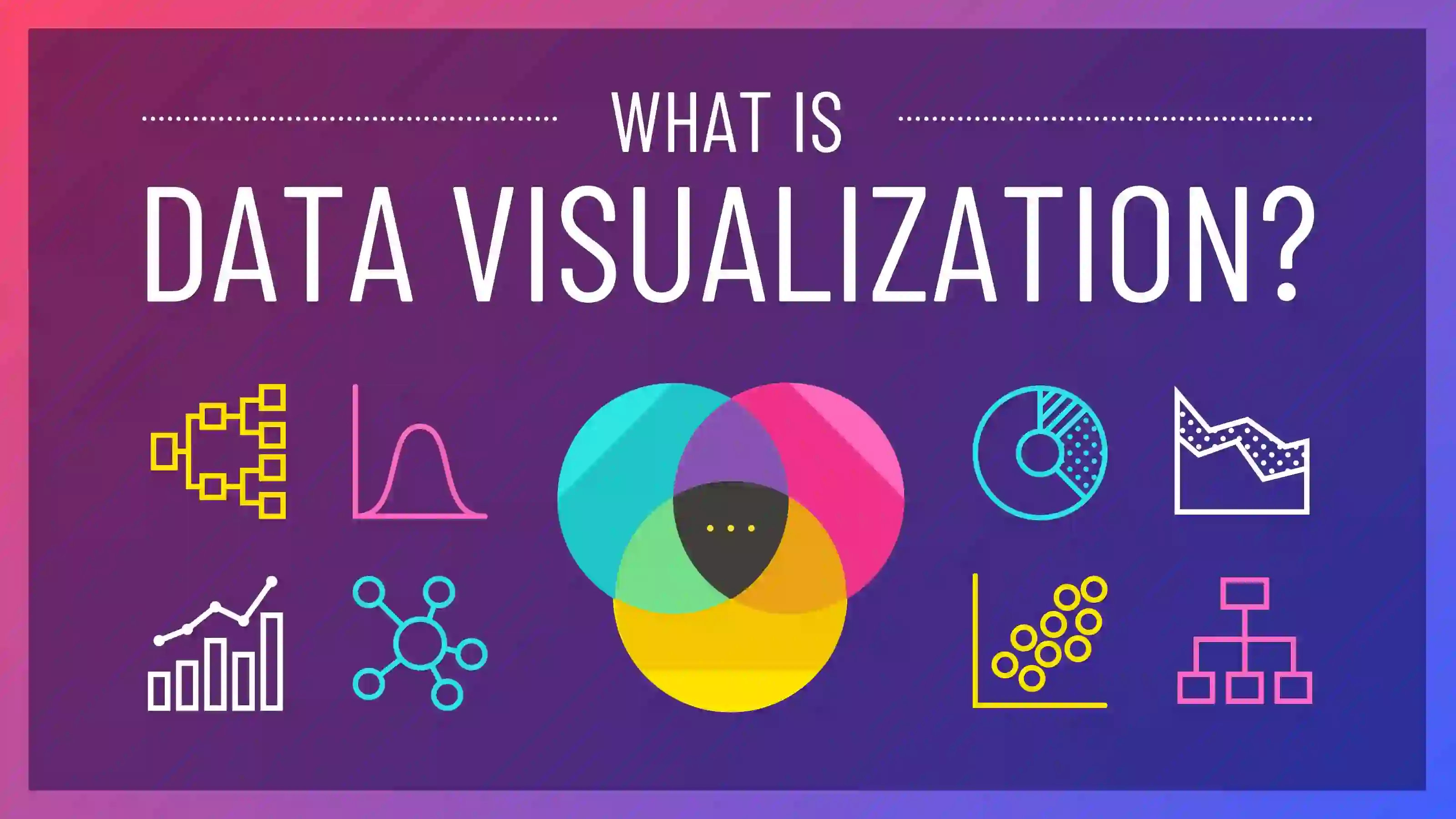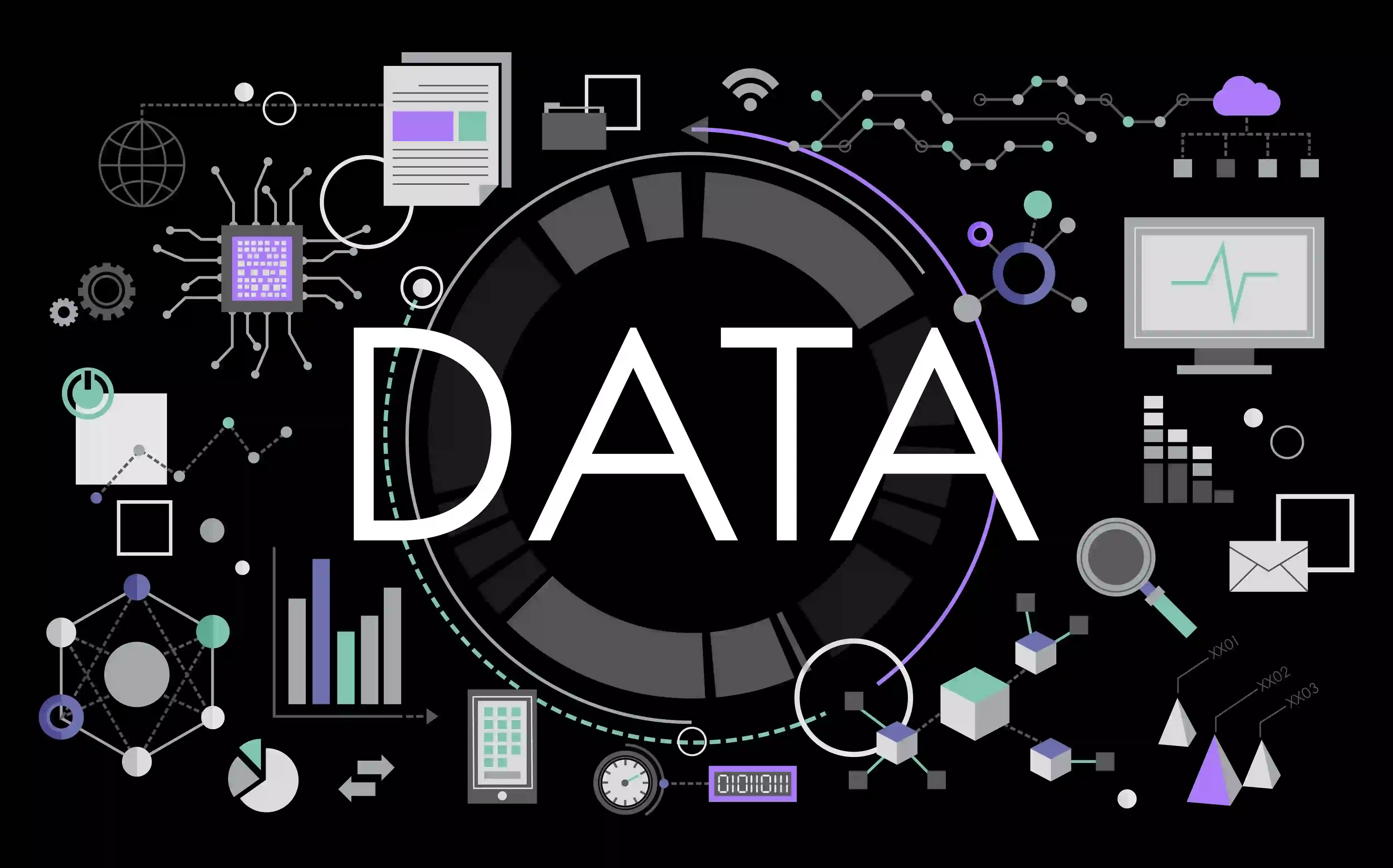Does Data Science Require Coding?
Data Science has become one of tech’s most lucrative and in-demand skills. And with good reason: It’s a highly specialized field that requires deep understanding of maths, statistics and computer programming. But if you’re searching the answer for the query “Does Data Science Require Coding?”. And the big answer is yes, Data Science require coding! Don’t worry—you don’t have to learn how to code immediately!
There are plenty of ways for beginners to get involved with Data Science. Without experience in those three areas (although they will come in handy eventually). Here’s what you need to know about your options:
Experienced Data Scientists Do
If you want to become a data scientist and are just starting, it’s important to understand that many different types of data science requires coding exist. And depending on what kind of data scientist you want to be, knowing how to code will be more or less important for your career.
For example, suppose you’re interested in working as an analyst at a company that uses traditional statistical methods like regression analysis and linear models (and doesn’t require heavy lifting from machine learning). In that case, knowing how to program isn’t necessarily necessary. However, if the company uses programming languages like Python or R — commonly used by data scientists — then knowing those languages will make it easier for them to get their work done faster and with fewer errors.
In Other Words: If you’re interested in doing deep-dive research where you spend hours tweaking parameters until they’re perfect (like statistical modelling), then having some programming skills may help save time; otherwise, not so much!
But You Can’t Expect A Beginner To Have Those Skills
But you can’t expect a beginner to have those skills. They’re not necessarily easy to learn, and it might seem like an impossible task for someone who’s just starting. But some Data Science skills don’t require coding. They are:
Data Visualization
As a person in business, you need to be able to present your findings in an understandable format. Visualizing your data with charts, graphs, and other visuals is crucial for communicating what you’ve learned from analysing said data. You can find resources online on creating these visualizations. (Like this one) or even use software such as Tableau Public for free!

Data Manipulation
This is crucial if you want to go beyond just looking at raw numbers and start analyzing them in different ways. For example by aggregating them across various variables or segregating them by groupings like age groups or gender types. The process of data manipulation is important. Because it allows you to create a comprehensive picture of the data you have available. It also helps you identify trends, patterns and other interesting factors that might not be immediately apparent from just looking at raw numbers.
Python’s Pandas library allows users from any background level. To access into manipulating their datasets without having any prior knowledge about coding languages whatsoever!
There’s A Big Difference Between Learning A Programming Language And Learning Data Science
Data science differs greatly from learning a programming language. A programming language is a tool, while a process is an approach. To solve a problem, a programmer uses their programming language. Still, in order to become a data science requires coding. You need to learn how to think about problems and solutions in new ways.
In other words: Data Science isn’t just the art of programming; it requires soft skills like critical thinking, problem-solving and communication, and hard skills like machine learning and statistical analysis.
Take The Time To Study Python Or R, And Then Learn How To Use Them As Tools
In the majority of cases, you don’t need to know how to code. If you want to make your job easier and more productive, learning at least one programming language is a good idea. If your company already has someone who can teach you or help you with any problems you might have along the way, that’s even better!
The two most popular programming languages in data science are Python and R—and both are excellent choices for beginners. Both are open-source languages (meaning they’re free), but Python is considered more beginner-friendly than R. This means that there will be fewer stumbling blocks along the way when learning how to do basic operations in Python versus R.
Before You Learn Any New Languages, Take The Time To Decide What You Want To Learn And Why
If you’re not a programmer and have no interest in becoming one, then don’t worry about learning to code. Coding skills are not required for Data Science.
However, if you do have an interest in learning how to program, it can be helpful for a variety of reasons:
- It will help you understand what’s going on under the hood of your favourite software packages (such as R or Python). Even if you never plan on writing code yourself, knowing what’s happening when someone else writes it can give insight into why things behave differently than expected or where performance bottlenecks might be lurking.
- Learning how to express ideas with code also gives you practice thinking through problems before applying computational tools. This is great preparation for doing research and developing new methods—tools that may ultimately require implementing them with code.
Often, It’s Difficult For Someone New To Data Science To Pick Up Coding Skills Without More Formal Training Than Boot Camps Or Online Courses Can Provide
A significant portion of the Data Science process involves coding. This can be time-consuming and frustrating, but it’s necessary if you want to understand the inner workings of a given problem. If you’re trying to learn how to code yourself, you’ll need to learn more than just syntax: You need to know what tools are available, how they work, and how (and why) they should be used in particular situations.

These kind of knowledge can be acquired through practice and experience with specific tools or languages. It’s often difficult for someone new to data science—especially with limited resources—to pick up coding skills without more formal training than boot camps or online courses can provide. For those, taking the Data Science Training in Chennai will be the best option.
If You’re Trying To Make A Career Change, Getting Some Real Experience Working On Data Science Projects Is Often More Productive
If you’re interested in making a career change into data science. Getting some real experience working on data science projects is usually more productive.
You can learn from a mentor or course. But there are many benefits of working with an experienced person or team who can give you feedback. It help guide your learning and provide practice opportunities.
You’ll also gain the understanding that comes with working through the different stages of a project. what data is available for analysis, understanding what tools are available for getting access to that data and deciding which one(s) to use so as not to waste time reinventing wheels.
Any newbie must know how to learn. We don’t want anyone wasting their time by trying something they already know doesn’t work. Because they didn’t go through the proper steps of figuring out. It would work before they started building it (or buying software).
There’s nothing worse than getting halfway finished with a project only to find out at that moment that there was another way – one that was better suited for your needs but would’ve taken less time in hindsight if only someone had told us beforehand!
Take The Time To Understand Your Goals Before You Choose A Path Forward
Before you can decide on a path forward, there are some questions you should ask yourself. First, understand what it is that you want to do and how long it will take. Then identify the costs of going down that path:
- Time, money and effort.
- Do not forget about the personal toll this journey will take on your life outside work (family, friends and hobbies).
- Think about what sacrifices need to be made for this goal, whether taking on additional tasks at work or moving into an apartment closer to your office so that commuting doesn’t eat up so much of your day. If anything feels too demanding or overwhelming, then maybe reconsider going through this plan.
Looking back at these decisions later in life, there should never be regrets when something was too much trouble!
Data Science Can Be Challenging For Beginners Because Of The Need For Coding Skills, But Some Training Makes The Difference
It is a broad field, and it requires many skills. Data Scientists need to know how to require code, but they also need to understand statistics and math. In fact, according to the job site Indeed, some of the top required skills for data scientist positions. It include SQL(a database language), Python and R(programming languages), and Tableau(a software program).
Source: www.indeed.com
It’s easy for beginners to feel overwhelmed by this list of requirements. When they’re just starting out in their career as a Data Scientist, especially if they don’t have any experience with coding or any other relevant topics on their resume. However, resources available will help you learn these skills quickly so that you can start making an impact in your new role!
Conclusion
As you can see, coding is a major part of Data Science. However, it’s not the only thing that makes data science what it is. For example, many non-coding skills are necessary for success in this field—from communication skills to critical thinking and problem-solving. It is important to remember that coding is just one tool among many that we use every day as data scientists!





